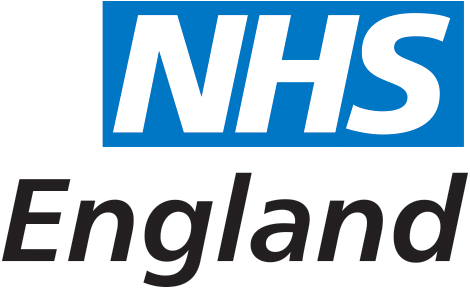Share this Page:
The National Institute for Health and Care Excellence (NICE) and NHS England are proposing changes to the process for evaluating and funding drugs and other health technologies, and have launched a joint 12-week consultation, ‘Proposals for changes to the arrangements for evaluating and funding drugs and other health technologies appraised through NICE’s technology appraisal and highly specialised technologies programmes’.
The consultation covers the following broad proposals:
- The introduction of a ‘budget impact threshold’ of £20 million per year for the first three years of a treatment’s use in the NHS
- Amending the timescales for NICE-approved medicines to be funded where the proposed budget impact threshold is expected to be exceeded
- A ‘fast track’ NICE appraisal process for technologies with an incremental cost-effectiveness ration (ICER) of below £10,000 per quality adjusted life year (QALY)
- “Fast track’ technologies to be funded by NHS England within 30 days, as opposed tot he current 90 days
- £100,000 QALY for highly specialised technologies appraised by NICE
- Amendments to the NICE single technology appraisal (STA) process to enable dialogue between manufacturers and NHS England where the budget impact threshold is likely to be met or exceeded.
This story is covered by The Times, stating that ‘patients with dementia and cancer will have their access to life-extending new drugs rationed by the NHS’. Commenting on the consultation’s launch, Sir Andrew Dillion, Chief Executive of NICE, has stated ‘The fact that the NHS is in a really difficult position financially is certainly a reason for doing it now’.
Read the NHS England press release here














